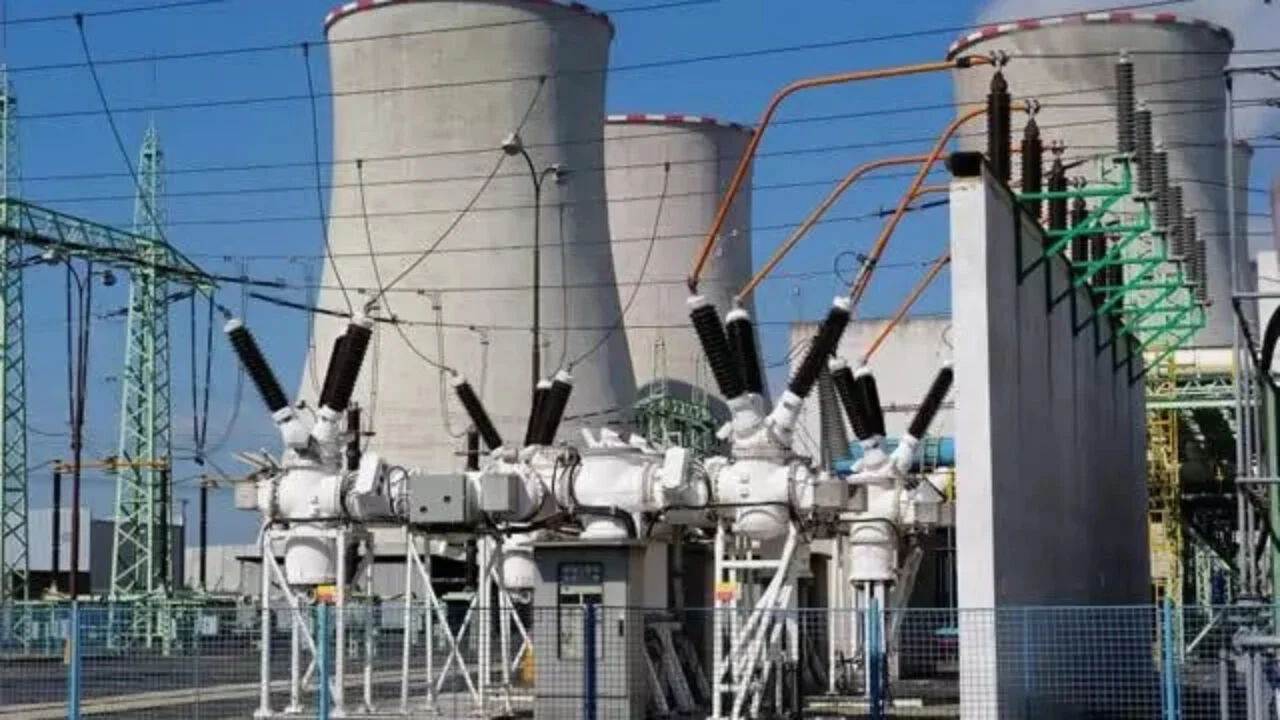‘Grid collapse pushing GenCos out of business’
The Association of Power Generation Companies (APGC) has lamented the adverse effect of grid collapse on their business. Speaking during a training workshop organised for power correspondents in Abuja, the Chief Executive Officer of APGC, Dr. Joy Ogaji said power plants are losing billions of naira with grid collapse and failure of utilisation of electricity […]

gencos
The Association of Power Generation Companies (APGC) has lamented the adverse effect of grid collapse on their business.
Speaking during a training workshop organised for power correspondents in Abuja, the Chief Executive Officer of APGC, Dr. Joy Ogaji said power plants are losing billions of naira with grid collapse and failure of utilisation of electricity generated from power plants.
Ogaji, who stated that the issue is more pronounced in thermal plants noted that companies lose more than $5,000 per hour between the start and stop of their machines, a situation she stated is forced on them by the lack of maintenance of stable electricity consumption during the day.
Dr. Ogaji revealed that the Kainji and Jebba hydro plants alone have incurred losses of N21.87 billion due to system instability this year.
She said: “Given the frequency of grid collapses in the country and the impact of it on our business, we have thought it wise to provide clarification on how it affects our businesses. Commercially, the impact is equally severe, as GenCos face reduced power sales, penalties for non-delivery (in bilateral and cross border trades), and increased operational expenses. The dwindling resources exacerbate these challenges, making it difficult for GenCos to maintain, repair, and replace damaged equipment, ultimately compromising the reliability and efficiency of the power supply”.
In his presentation, Engr. Jacob Barasuno, Operations Supervisor, Mainstream Energy, said frequent grid collapses have damaged many pieces of equipment at the Kainji and Jebba power plants.
He explained that due to system instability, GenCos were unable to meet monthly and annual power power generation targets, which has in turn affected efforts to meet bilateral and other contractual obligations.
